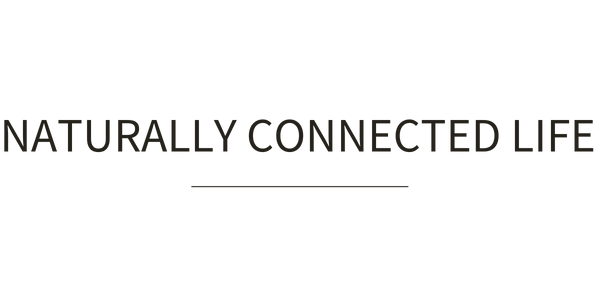Hopefully by now you’ve heard of The Social Dilemma on Netflix.
It’s really not that surprising to learn that software engineers have a financial incentive to keep you hooked to their apps. Just like news media has a financial incentive to keep you hooked to their headlines.
We live in an era of incomparable information overload, and everyone desperately competing for the financial benefits of holding your attention.
It’s difficult to know who to believe, which headline is fake news, or how other people can have completely opposite beliefs from our own.
“What world are they living in that they don’t agree with me on everything???”
The reality is, the tools we use for communicating and understanding the world around us have been hijacked and turned into slot machines, using the same addictive elements as any casino would use to keep you pumping quarters into the slot.
For over 100 years, we’ve understood the base instincts that drive human motivations, and they are masterfully manipulated by marketing experts and software engineers.
Yes, dopamine is a major element in this equation.
Those of us who are charged with creating new and increasingly effective means of grabbing our attention understand this. And they use it against us.
Does this mean that all social media, news, and apps are inherently evil?
Absolutely not.
But it does require diligence on behalf of the user, that’s us, to moderate our use, separate ourselves from the emotional triggers, and make sense of our world through these powerful tools of communication and manipulation.
Many people are talking about “dopamine fasts” as a way of reducing our dependency on these quick-fix, instant gratification dopamine hits. But perhaps, this is a little misunderstood.
Dopamine is constantly flooding our systems with signals to motivate behaviors.
You can’t just “turn off dopamine” by avoiding the activities and stimuli that may trigger addictive tendencies.
So what’s really happening, and what do experts in addiction have to say about it?
However, we can identify whether these addictive habits are serving us, and if not, reevaluate their usefulness, their role in our life, and what might be better suited to our goals.
The challenge here, is that once our brains associate certain behaviors with dopamine, it can be just as addictive as any drug.
Drug addicts, interestingly, have lower levels of dopamine and dopamine receptors in the brain.
They burn them out!
Dopamine becomes metabolized into an aldehyde with a big name, but DOPAL for short.
As it builds up in the brain after a “dopamine hit,” our body scrambles to get rid of the neurotoxic aldehyde produced, before it damages the brain and nervous system.
Just like all other aldehydes, our mitochondrion produce aldehyde dehydrogenase to get rid of DOPAL. But if we can’t get rid of it quick enough, this is a direct contributor to addiction and neurodegenerative disease.
As the receptors are damaged, we start to need more and more dopamine to get the same benefits. So activities that gave us a good hit before, over time, begin to dull so we crave more and more of them.
More likes? More comments? More headlines that trigger our adrenal response and get us riled up? More arguments with people that obviously only read fake news?
They’re all addictive.
Does that mean we just completely unplug ourselves from technology and live in a cave?
Well, I have tried that, too.
I’ve done several Vipassana meditation retreats, spending 10 days in silent meditation without phones or newspapers. It’s amazing. I highly recommend it.
But it’s just a 10 day break with little long term affect on our habits if we don’t use it as an opportunity to change our behaviors when we return to the real world.
So, what is a “dopamine fast” if it’s not actually eliminating dopamine triggers?
It’s replacing the instant gratification with long term goals.
Reassigning your dopamine-seeking behaviors from scrolling or binging to developing new habits, disciplines, and activities that produce lasting, meaningful change.
Where do we start?
I will have regular live zoom workshops to share how I have used “dopamine fasting” to reorient my brain toward long term goals and habits that truly support my health and happiness.
Just mark it on your calendar right now and set a reminder to take a 30 minutes break from your day for yourself and click this link to join the call on zoom.
It’s a huge part of the program we are doing together, as a community, to reorient our lives towards wellness, fulfillment and joy. Experience this for yourself, and join us in reinventing our lives with purpose.

